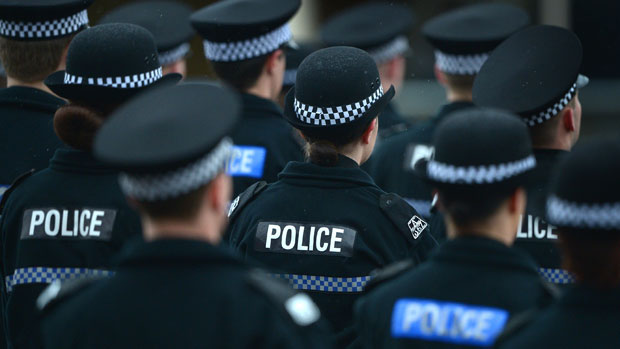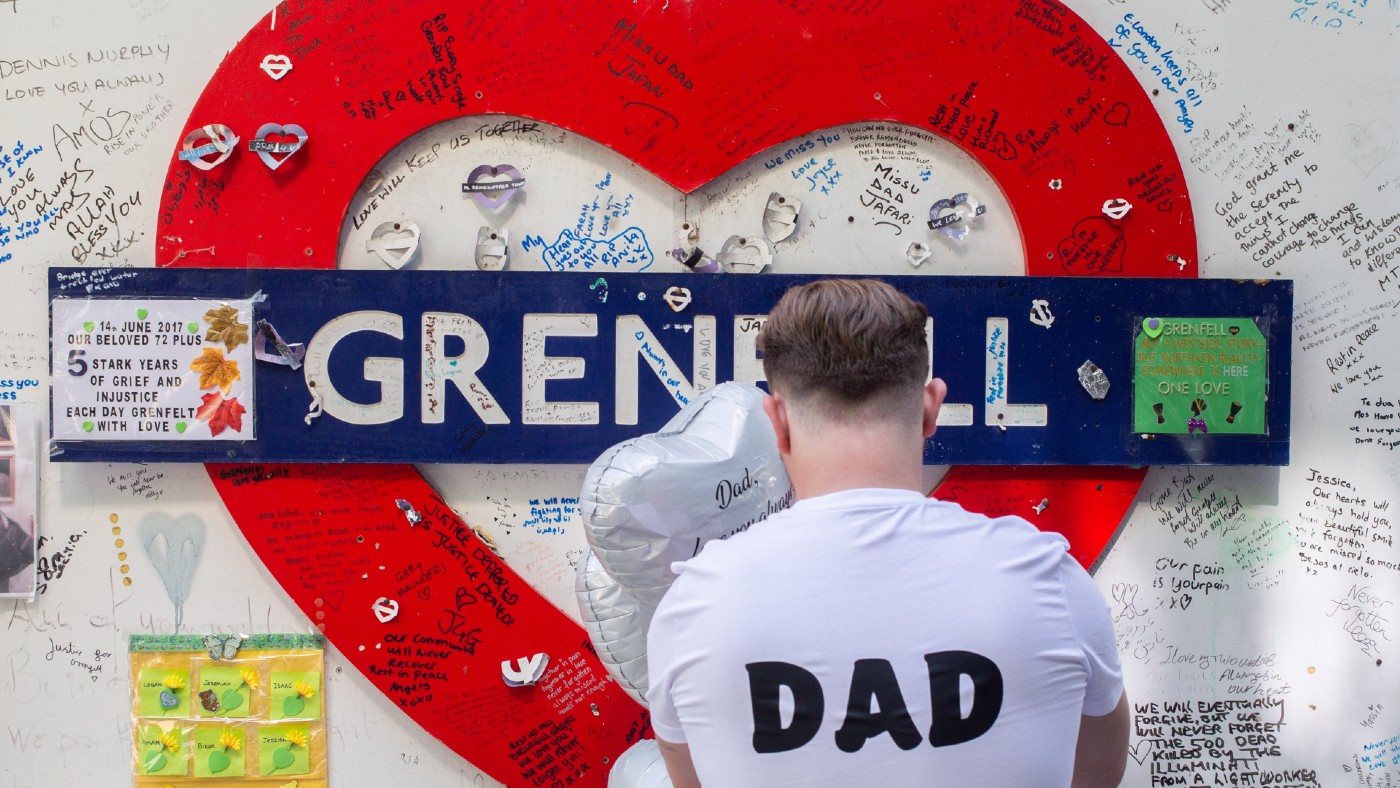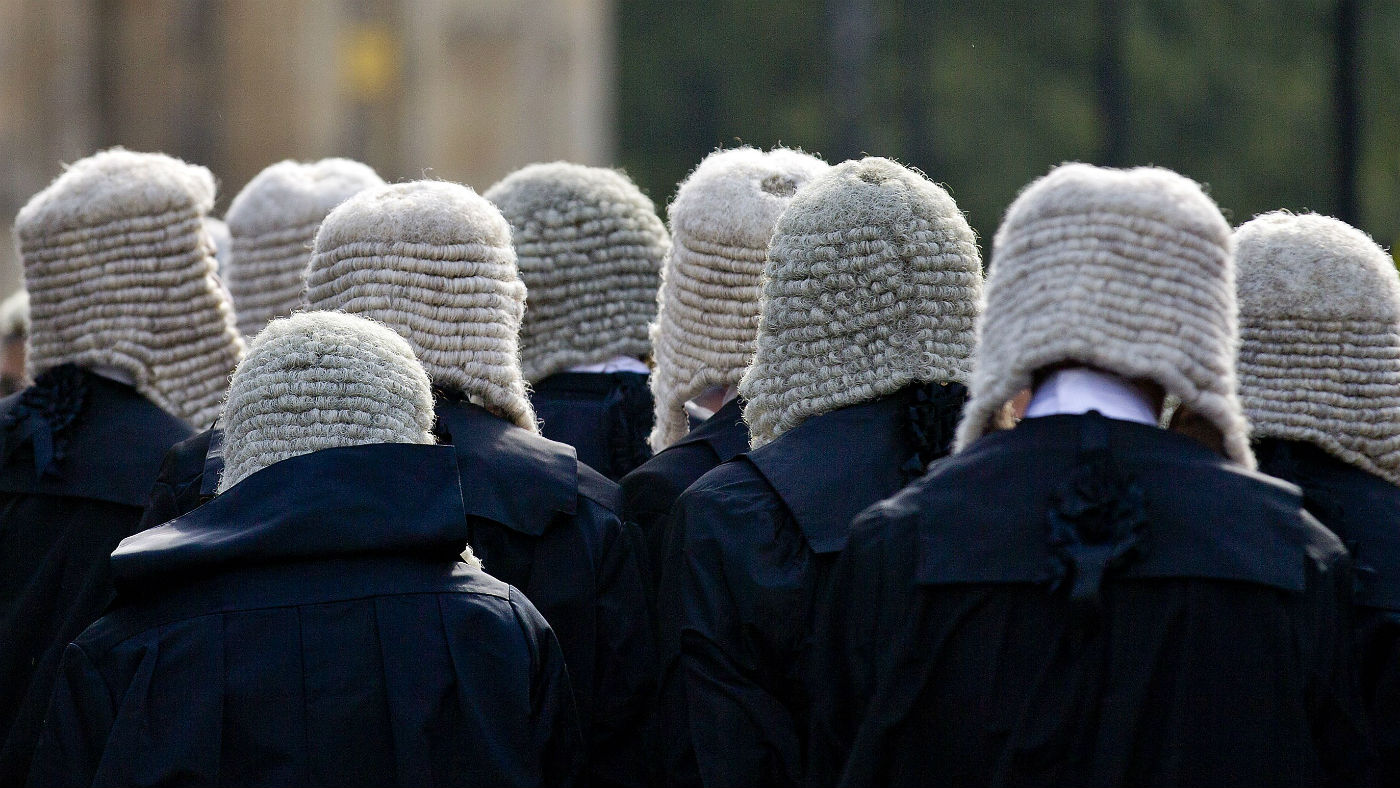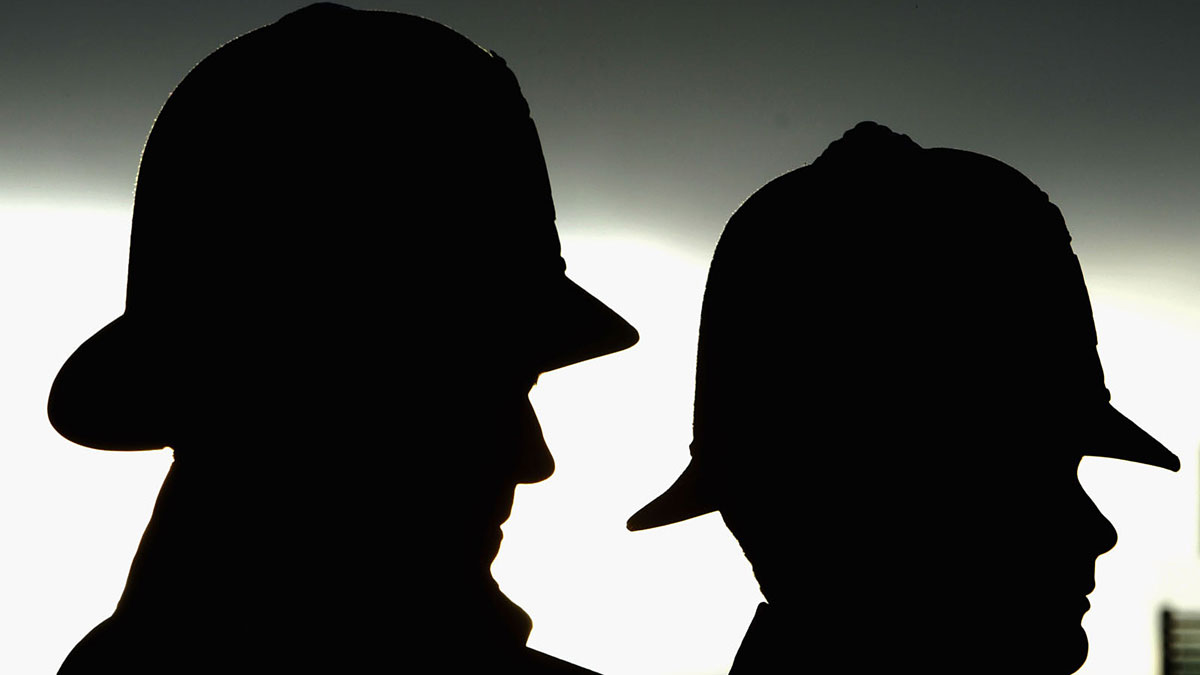New message needed for police: you can run - but you can't hide
HMIC report backs up public evidence: the more we meet the police, the less we trust them

A free daily email with the biggest news stories of the day – and the best features from TheWeek.com
You are now subscribed
Your newsletter sign-up was successful
IT IS EASY when allegations of police malpractice drop fast as autumn leaves to write off all 120,000 men and women in blue as contaminated by the wrong-doing of those who are caught out: Stephen Lawrence; Hillsborough; plebgate; undercover officers having sex with political activists; miscarriages of justice during the miners’ strike.
This catalogue of the headline cases, outlined this week in his first report by Tom Winsor, HM Chief Inspector of Constabulary, has damaged the reputation of the police in England and Wales to an extent that 30 years ago most would have considered impossible.
But the root of the disillusion lies in the past unreal faith in the police. Decades ago those who had little to do with the police cherished a belief that the people who donned the serge uniforms and swore an oath of allegiance to the sovereign were a race apart: incorruptible, honest, solely motivated by the public good, brave, high-minded.
The Week
Escape your echo chamber. Get the facts behind the news, plus analysis from multiple perspectives.

Sign up for The Week's Free Newsletters
From our morning news briefing to a weekly Good News Newsletter, get the best of The Week delivered directly to your inbox.
From our morning news briefing to a weekly Good News Newsletter, get the best of The Week delivered directly to your inbox.
The truth, experienced by many on the receiving end of police practices such as ‘verballing’ - inventing incriminating remarks and producing them as evidence – was that officers were, and always had been, as capable of misbehaviour as the rest of us. But, because they were trusted by the establishment, they were subject to limited oversight – and thus malpractice was allowed to flourish.
The middle classes, whose main contact with cops had been summoning them when a burglar broke in, began to wake up to police fallibility as they became more involved with the force through traffic infringements and when their teenage children were charged with drugs offences. The scales fell from their eyes.
Research conducted by the London School of Economics revealed that the more contact the public had with the police, the less they trusted them and the less confidence they had. This was opposite to the experience people had with other public services such as the NHS, where most feel more positive after personal contact.
The public woke to the fact that the police were not just a tribe apart, but – as all tribes – that they were cocooned in a culture that valued loyalty more highly than honesty. There was – and remains – a climate of collusion. When told that a colleague had stepped out-of-line, most officers’ first response was either to cover up (until recently police were allowed to compare notes before writing their statements) or to seek to justify the unjustifiable.
A free daily email with the biggest news stories of the day – and the best features from TheWeek.com
They made excuses for each other that they would never have accepted from those they policed. When I wrote about a PC I had seen abusing a bystander, a very senior officer argued that the man might have been suffering from the stress of an earlier nasty incident or of a domestic upset. Would he, I asked, have accepted that as an excuse by a highly abusive bank clerk?
It was this support from on high in small matters that led to a sense of impunity over the big. What starts like an incident with which the police are familiar – the stabbing of a black teenager on a London street, for example – can now grow rapidly into a Lawrence-style catastrophe, not just for the victims, but for the police.
Police dislike outside interference: many resented the appointment of Tom Winsor, who came to the post of Chief Inspector with no police background; many resent the opportunity outsiders now have to join the police in the rank of superintendent; many equally resent accelerated promotion. The old ways made sure that senior officers had imbibed the culture and so were – in police terms – ‘safe’ when accusations of malpractice were made.
We need a police force: even the most vehement critic retires to bed happy in the knowledge that the local cops are just a 999 call away should the need arise. The police ought to be (and mostly are) the glue that holds society together.
But we need them to be loyal to the concept of justice rather than to each other. It is idle to say blithely that the great majority of officers are “honest, hardworking, committed and brave”, the line taken by Mr Winsor. They are, but who would sleep better in their beds during a crime epidemic by being told that the great majority of people on the street were not about to mug or burgle them?
Critics now have the police where they want them, with those guilty of wrong-doing in the dock (at least of public opinion). The next task is to make all officers realise that their actions are under constant, proper scrutiny (‘citizen journalism’, an iPhone in every hand, helps). Few dark corners remain for cop skulduggery.
It is said of wanted criminals that they can run, but they cannot hide: maybe this is the slogan the police themselves should now bear in mind as they go about their vital duties.
-
 The environmental cost of GLP-1s
The environmental cost of GLP-1sThe explainer Producing the drugs is a dirty process
-
 Greenland’s capital becomes ground zero for the country’s diplomatic straits
Greenland’s capital becomes ground zero for the country’s diplomatic straitsIN THE SPOTLIGHT A flurry of new consular activity in Nuuk shows how important Greenland has become to Europeans’ anxiety about American imperialism
-
 ‘This is something that happens all too often’
‘This is something that happens all too often’Instant Opinion Opinion, comment and editorials of the day
-
 What next after the four-year Grenfell fire inquiry ends?
What next after the four-year Grenfell fire inquiry ends?feature Final ruling not expected until next year when police will decide on criminal charges
-
 Are public inquiries a waste of time and money?
Are public inquiries a waste of time and money?Speed Read Public inquiries have cost £639m since 1990 and in many cases their findings appear to have been ignored
-
 Inquiry into 'toxic' undercover policing methods gets underway
Inquiry into 'toxic' undercover policing methods gets underwaySpeed Read Probe launched following claims that undercover police infiltrated the family of murdered teen Stephen Lawrence